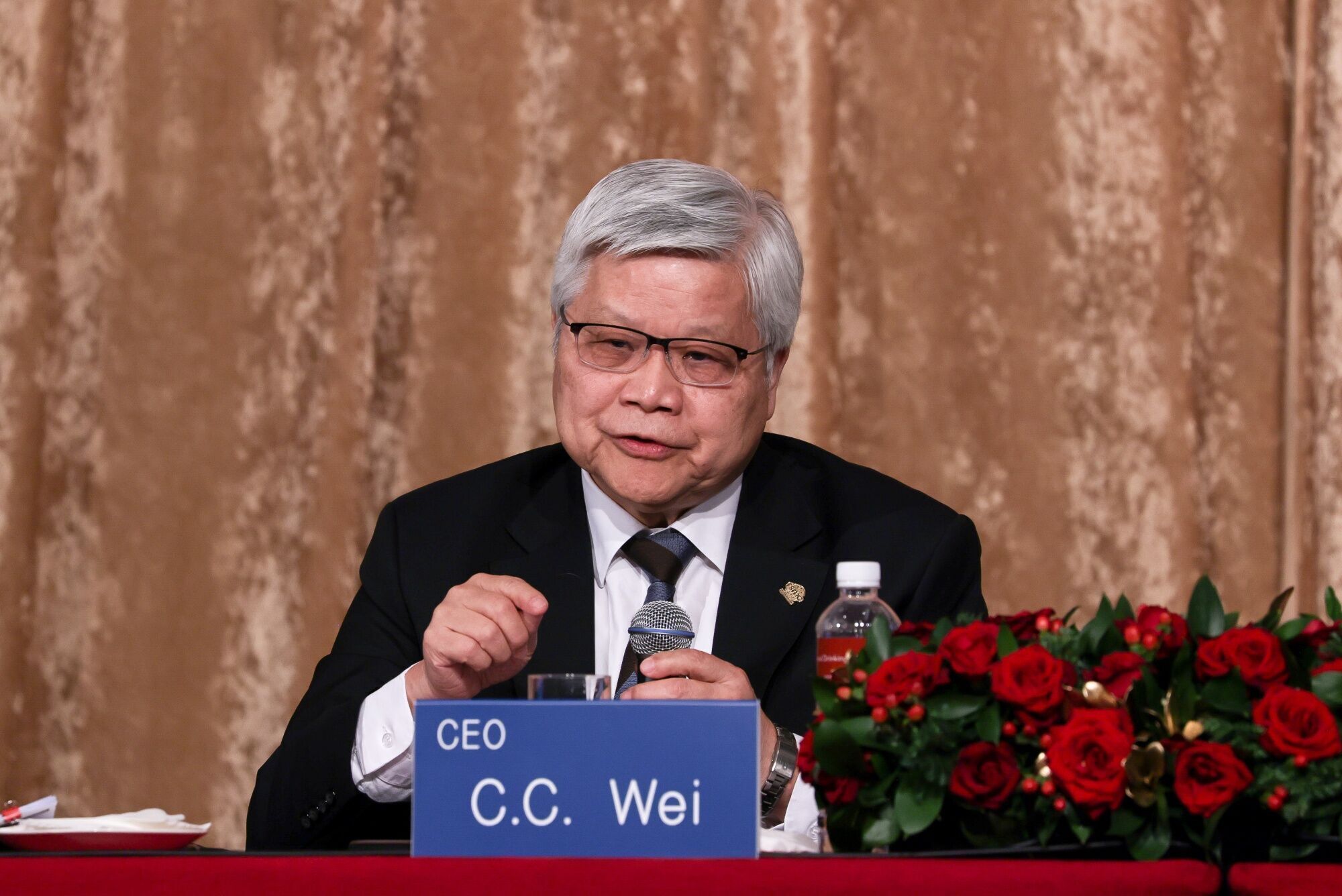It all started, as is customary with Donald Trump, with a threat: he accused Taiwan of stealing from the U.S. semiconductor industry and said he could impose tariffs of up to 100% on imported chips. That raised serious concerns, more political than economic, on the self-governing island. Many Taiwanese officials feared that the new U.S. administration, the same one that had become their international supporter and main arms supplier in recent years, would abandon protection for Taipei, leaving it at the mercy of China's bellicose whims.
Taiwan, if it had always interested Washington for something - besides being a recurring pawn to provoke Beijing - was because it produces over 60% of the world's chips and over 90% of the most advanced ones, essential to power virtually everything in the tech industry, from microwaves to fighter jets.
In the democratic island that China considers part of its territory, to secure U.S. protection, they knew they had what was dubbed the silicon shield, which refers to the lucrative semiconductor industry, mostly manufactured by a single company, Taiwan Semiconductor Manufacturing Corporation (TSMC), producing chips for giants like Apple and Nvidia.
Facing pressures from Trump, TSMC announced last week an investment of $100 billion in the United States, in addition to a commitment made with former President Joe Biden of $65 billion for a factory in Arizona, which is already operational with mass production of its 4-nanometer chips. The plan now is to build three new chip manufacturing plants, two advanced packaging facilities, and a research and development center.
"TSMC's plants in Arizona will give us a large share of the chip market," stated Trump, who reiterated his old accusation that the Taiwanese had stolen semiconductor manufacturing from the U.S. company Intel. "They took it from us, but I don't blame them," he added.
"Semiconductors are the backbone of the 21st-century economy. And truly, without semiconductors, there is no economy," continued Trump in a press conference in Washington alongside TSMC's CEO, C.C. Wei, who stated that the operation represented the largest foreign direct investment in U.S. soil in history.
For Americans, it is clear that this is a significant deal because it will create many jobs. For TSMC, it is also a relief because they will be exempt from the tariffs that Trump had announced for the global chip industry. However, this multi-billion-dollar investment in U.S. soil has left a wave of unease among many Taiwanese politicians and citizens, who fear that the U.S. President, after leaving Ukrainian leader Zelenski hanging and approaching Russia, is now trying to undermine the island's dominance in the global chip industry, weakening the famous "silicon shield."
From the island, some critics of this agreement urge the Taiwanese government to halt this investment: according to Taiwanese law, a local company must have Executive approval for any foreign investment exceeding $1.5 billion. "The more chips TSMC manufactures in the U.S., the less geopolitical importance Taiwan will have and the fewer incentives Washington will have to help Taiwan in the future," stated Ko Ju-Chun, a legislator from the opposition party, the nationalist KMT. An opinion widely shared in private among lawmakers of the ruling party, the Democratic Progressive Party (DPP).
Beijing has also taken the opportunity to mock TSMC's concession to Trump's tariff threats, directly accusing the Taiwanese government of giving away the chip industry to Washington in exchange for political support from the White House. "The DPP authorities have used the semiconductor industry to depend on foreign countries in pursuit of independence," stated a spokesperson from the Chinese Ministry of Foreign Affairs a few days ago.
On Monday, Chinese official spokespersons reiterated their mantra that they will do everything possible to achieve "peaceful reunification" with Taiwan, although leaders of the ruling Communist Party have often emphasized that Beijing does not rule out using force to achieve it. Unlike the previous U.S. administration under Biden, the current President Trump has not publicly stated whether the U.S. military will defend Taiwan in the event of an attack by China.
